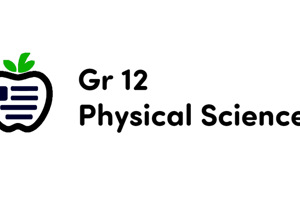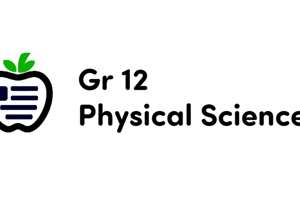Podcast
Questions and Answers
What does the Law of Definite Proportion state about pure compounds?
What does the Law of Definite Proportion state about pure compounds?
- The elements in a pure compound can be combined in multiple ways.
- The elements in a pure compound are always in the same ratio by volume.
- The composition of a pure compound is always the same regardless of its source. (correct)
- The mass of pure compounds varies with their source.
Which of the following accurately defines a physical change?
Which of the following accurately defines a physical change?
- A change that results in a new substance being formed.
- A change that always leads to an increase in temperature.
- A change that can be observed or measured without altering the identity of matter. (correct)
- A change that alters the chemical structure of a substance.
What principle does the Law of Multiple Proportions illustrate?
What principle does the Law of Multiple Proportions illustrate?
- Atoms of different elements can combine in multiple different ratios to form compounds. (correct)
- All compounds formed will contain the same elements in identical ratios.
- The ratios of atoms in compounds are only observed in gaseous states.
- Elements must combine in equal mass proportions only.
What does the Law of Conservation of Mass state?
What does the Law of Conservation of Mass state?
Which of the following is an example of a chemical change?
Which of the following is an example of a chemical change?
Which of the following is an example of an intensive property?
Which of the following is an example of an intensive property?
What is defined as the amount of space occupied by an object?
What is defined as the amount of space occupied by an object?
Which of the following substances has a cubic crystal system?
Which of the following substances has a cubic crystal system?
Which property is dependent on the amount of matter present?
Which property is dependent on the amount of matter present?
Which of the following best describes matter?
Which of the following best describes matter?
Which of the following is NOT an extensive property?
Which of the following is NOT an extensive property?
Which of the following properties can be classified as intrinsic?
Which of the following properties can be classified as intrinsic?
What is the relationship between mass and weight?
What is the relationship between mass and weight?
Which state of matter has a definite shape and volume?
Which state of matter has a definite shape and volume?
What is the primary characteristic of gases in terms of volume?
What is the primary characteristic of gases in terms of volume?
Which of the following statements is true about compounds?
Which of the following statements is true about compounds?
Which state of matter exhibits weak intermolecular forces and allows for gliding motion?
Which state of matter exhibits weak intermolecular forces and allows for gliding motion?
What effect does increasing the pressure of a gas have on its solubility?
What effect does increasing the pressure of a gas have on its solubility?
Which of the following best describes a pure substance?
Which of the following best describes a pure substance?
What happens to the solubility of a gas in a liquid when the particle size increases?
What happens to the solubility of a gas in a liquid when the particle size increases?
Which mixture characteristic involves substances not being chemically combined?
Which mixture characteristic involves substances not being chemically combined?
What is the term for the maximum amount of solute that can be dissolved in 100g of water?
What is the term for the maximum amount of solute that can be dissolved in 100g of water?
Which theory describes acids as proton donors?
Which theory describes acids as proton donors?
How does an increase in temperature affect the solubility of a gas in a liquid?
How does an increase in temperature affect the solubility of a gas in a liquid?
What happens when Gibbs Free Energy ($
abla G$) is less than zero?
What happens when Gibbs Free Energy ($ abla G$) is less than zero?
In which scenario would increasing temperature increase the solubility of a solid solute?
In which scenario would increasing temperature increase the solubility of a solid solute?
What do Lewis acids and bases specifically involve in their interactions?
What do Lewis acids and bases specifically involve in their interactions?
What does a catalyst do in a chemical reaction?
What does a catalyst do in a chemical reaction?
What is indicated by a pH level greater than 7?
What is indicated by a pH level greater than 7?
What effect does increasing pressure have on a gas system according to gas laws?
What effect does increasing pressure have on a gas system according to gas laws?
Which principle states that a system will adjust to minimize stress applied to an equilibrium?
Which principle states that a system will adjust to minimize stress applied to an equilibrium?
Which of the following is true regarding the law of mass action?
Which of the following is true regarding the law of mass action?
In an endothermic reaction, where does the stress apply primarily in terms of temperature?
In an endothermic reaction, where does the stress apply primarily in terms of temperature?
What is the result of adding more reactants to a chemical equilibrium according to Le Chatelier’s Principle?
What is the result of adding more reactants to a chemical equilibrium according to Le Chatelier’s Principle?
What is Nuclear Fission?
What is Nuclear Fission?
Which unit of radioactivity is equivalent to one decay per second?
Which unit of radioactivity is equivalent to one decay per second?
What happens to the volume of a gas when the pressure is decreased?
What happens to the volume of a gas when the pressure is decreased?
Flashcards are hidden until you start studying



